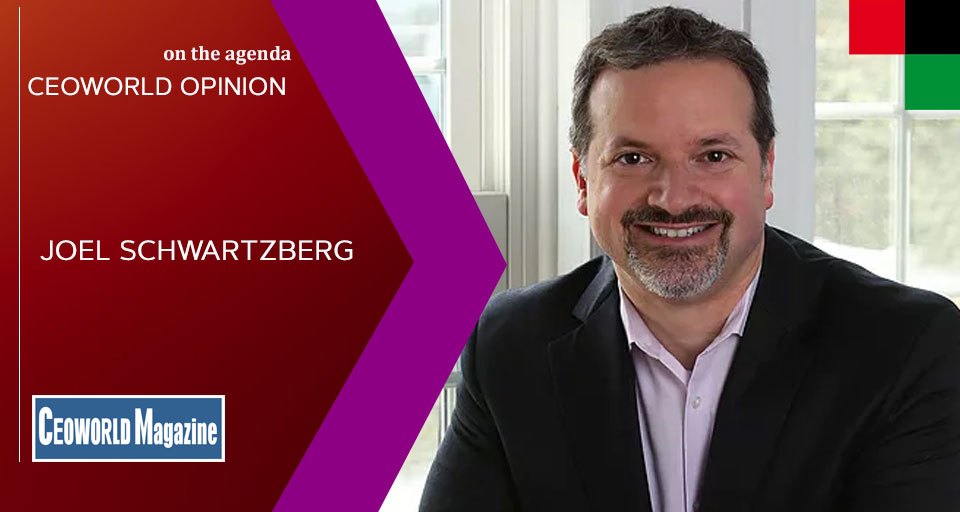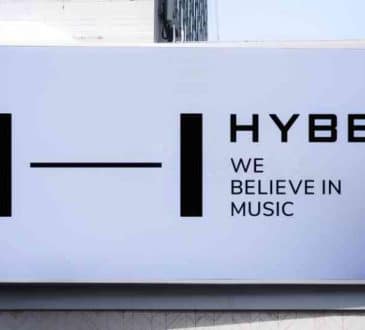How Leaders Can Make Their Thanks Matter

If there’s one thing every team wants to hear from a leader in every communication, it’s gratitude. In addition to boosting your team’s morale and motivation, public recognition also reinforces that you’re paying attention to and supporting their endeavors. Even minor expressions of gratitude can have a major impact on those who receive them.
In a study published in the June 2010 issue of the Journal of Personality and Social Psychology, researchers Francesca Gino and Adam M. Grant revealed that simple expressions of gratitude “increase prosocial behavior by enabling individuals to feel socially valued.”
For those of you who don’t read the Journal of Personality and Social Psychology religiously like I do, prosocial behavior is behavior connected to positivity, helpfulness, and an intention to advance social acceptance and collegiality—the kind of behavior leaders want to foster.
But while you have more than 170,000 English words to choose from to create a nifty compliment, not all word combinations and phrases have the same impact of appreciation. The two words most often relied on—”thank you”—actually convey little meaningful impact to the recipient. It registers as polite but not substantially praising.
So how can you express recognition in a way that makes people feel valued? See five practical and effective appreciation tips below. (You can thank me later.)
- Supply the “Why”
To give your appreciation rich meaning, it must answer the question, “Why is this person deserving of thanks?” Answering this question recognizes not only the achievement but also the level of commitment, hard work, and perhaps ingenuity it took to accomplish that achievement.
giving meaningful, contextual thanks takes considerably more time and energy than simply saying or emailing the word “thanks,” but when you see it as a valuable opportunity to reward and inspire, the return on your investment is clear. - Be as Specific as Possible
Keep your appreciation specific, timely, and unique to the person and effort you’re acknowledging. The more details you provide, the more meaningful your appreciation will be. Cash in on bonus appreciation points for including a true story that illustrates the impact of that effort on the team or mission.
In this expression of recognition from a leader to “Sam,” note how its value seems to increase as the statement expands to include more telling details.
“My thanks to Sam, who delivered a presentation last week.”
(Translation: “I understand Sam completed a task.”)
“My thanks to Sam, who delivered a great presentation last week.”
(Translation: “I noticed Sam did a good job.”)
“My thanks to Sam, whose presentation on inventory innovations last week was powerful and had good ideas.”
(Translation: “I paid attention to Sam’s presentation. He did a good job, and his effort can have value for the team.”)
“My thanks to Sam, whose presentation on inventory innovations last week demonstrated how much time and energy we can save if we think creatively.”
(Translation: “Sam got my attention with his presentation. He impressed me with his points about innovation, and I think we can all learn from them.”) - Don’t Rely on Adjectives
Another element that makes the last version of Sam’s appreciation effective is the elimination of adjectives. When you banish adjectives, you force yourself to use more meaningful and specific words. “Good,” “great,” “super,” and even “awesome” can’t compare to detailed descriptions of effort. It’s the difference between a “good idea” and an “idea that takes us in an exciting new direction.” Which would you rather hear? - Don’t Sit on Your Support
Leadership Coach Darcy Eikenberg, whose clients include The Coca-Cola Company, Microsoft, and Deloitte, discourages leaders from saving their appreciation until a project’s completion, and I agree. Appreciation is valuable at any stage and can inspire further commitment.
“Sometimes, we struggle to acknowledge and appreciate others on our team because the goal isn’t complete or isn’t yet successful,” Darcy told me. “But it’s the right effort that gets the right results. Recognizing the steps your team takes toward those results can be very powerful and affirming—even if they haven’t met their ultimate goal yet.” - Remember to Thank Groups
If you’re conveying general appreciation to many people at once—during a holiday event or organizational milestone, for example—avoid very long, all-inclusive laundry lists of people and departments that will cause many in your audience to tune out and even make your recipients feel unexceptional.
If there are too many people to thank individually, speak of the qualities they share as a group:
“Though many different teams and people contributed to this success, what unites all of that effort is a love for what we do and a relentless commitment to our goals. I appreciate and thank you all.”
Just one word of caution when referring to groups: Retire gendered language like “You guys did outstanding work on the Hershey’s account” and “Thanks, guys, for working overtime.” Use gender-neutral alternatives so that the respect you feel is reflected in the respect you convey.
Written by Joel Schwartzberg.
Add CEOWORLD magazine to your Google News feed.
Follow CEOWORLD magazine headlines on: Google News, LinkedIn, Twitter, and Facebook.
Copyright 2024 The CEOWORLD magazine. All rights reserved. This material (and any extract from it) must not be copied, redistributed or placed on any website, without CEOWORLD magazine' prior written consent. For media queries, please contact: info@ceoworld.biz








